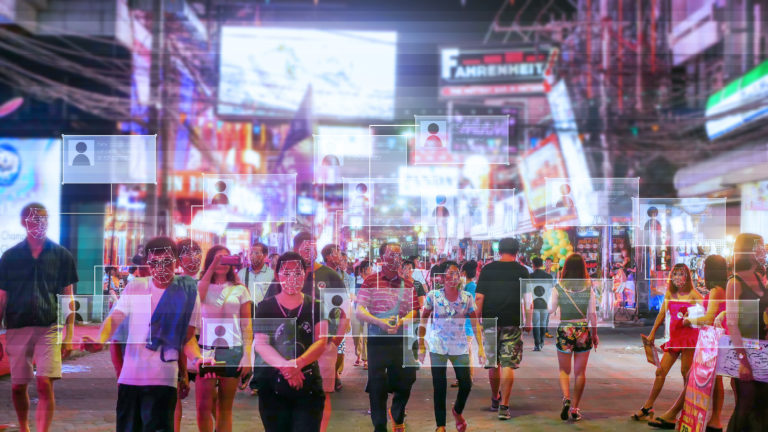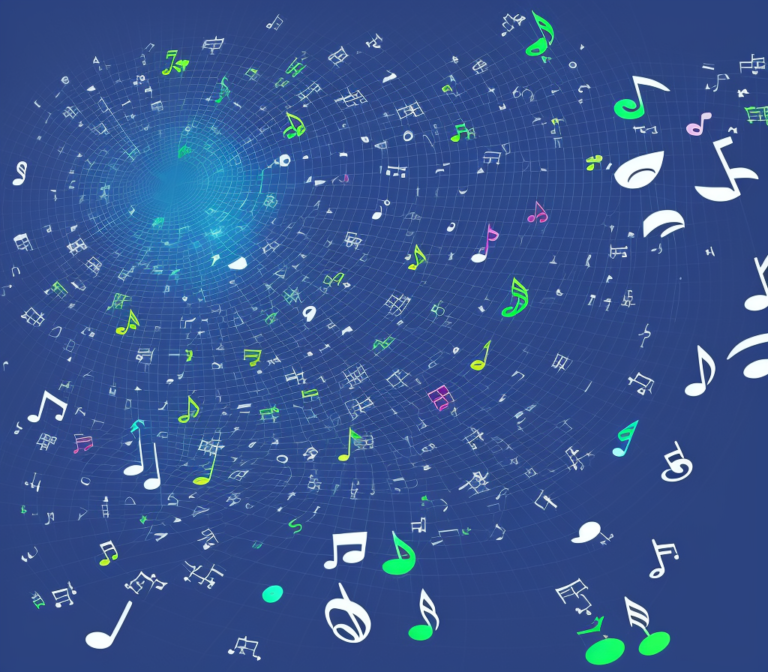Share
"Music is a powerful force.."
Before the social and political upheaval of COVID, party music circa the early 2000s was on the rise again (think R. Kelly’s “Ignition”— I know, I think back about jamming out to this one and.. it’s weird). Then the whole world changed. There’s no doubting we’re in a different era now post-COVID. If the first two years have been any indicator of what’s to come, the “Fourth Industrial Revolution” is going to be filled with mass layoffs of high-paying jobs, consolidation of world governance, and lots of conferences with stuck-up PhDs in fancy suits explaining how we’ve done everything wrong up until this point. Throw-back party jams just won’t pack the same punch. Plus, if WEF (the World Economic Forum) is any example music will be turned into a tool for reaching the goals of the Great Reset.
If this goal sounds too lofty and ominous, let’s break down the steps of how a cultural tool such as music can be leveraged to reshape your mind.
"Creating cognitive dissonance"

If an entity of change (typically a member of the establishment) wished to inspire a shift in thought in the music consumer, they would introduce an idea which results in cognitive dissonance— a piece of information which conflicts with your previously held beliefs and creates a fracture in the prism through which you see the world. This tension creates a dilemma. In some cases, you will declare the new idea as false and save your predefined set of beliefs. In others, you will shift your worldview and positions in order to make sense of the new information— essentially crafting yourself into a new person. The psychology of coping with cognitive dissonance requires readjustments to your mindset— and these mental maneuvers over time change your mentality. It’s not hard to see how this tool could be immorally manipulative in the hands of someone desiring to subdue a population, or more dramatically, transform it into a robot order-taking army of followers.

Looking to the future: A dialogue with AI
What better expert can you find on the future of music manipulation than AI? So we asked it some dark questions, starting with brainwashing. Here is what it responded with when we asked how music can be used for brainwashing:
“Music can be used for brainwashing in a variety of ways. For example, repetitive music can be used to create a trance-like state, which can then be used to implant ideas or messages into the listener’s subconscious. Additionally, certain musical tones and rhythms can be used to influence emotions, which can then be used to manipulate behavior. Finally, music can be used to create a sense of unity or belonging among a group of people, which can be used to reinforce certain beliefs and ideologies.”
Seems like AI has a pretty solid understanding of the concept— maybe a little too clear for our comfort in a futuristic world where they have dominion over our day to day.
..But now let’s turn to how music can be used as a social enforcer of norms and nationalism….
China and the Social Credit Score

China, and its social credit score, is often viewed as a model for the future by global leaders. China’s social credit score system is a set of rules and regulations that determine a person’s ability to access certain services or benefits in China. It assigns each individual a score based on their behavior, ranging from 700 to 950. This score is determined by monitoring an individual’s financial transactions, relations with government institutions and other forms of data collected from various sources. The higher the score, the more rights and privileges a person has. Conversely, the lower the score, the less rights and privileges they have. Examples of rewards for higher scores include discounts on insurance rates and travel costs. Punishments for lower scores include bans on internet access and travel, as well as blocking access to certain services.
Music as Governance
To understand how music can be used as a component of the social credit score, we have to first look at how music is a useful tool of the government. Let’s begin with something common and relatable: the national anthem. If you’re in the U.S., you’ll recall hearing the national anthem at school, before professional sports events, and at special memorial services. Our television sets are filled with football and basketball players, and elite politicians swelling with pride as the familiar notes float through our home speakers. It’s ceremonial. The greater the display of emotion, then the greater one can rank you on the patriotic scale.
But it goes beyond the typical anthem. The government can use music to control its citizens in a variety of ways. They can use it to spread propaganda, to encourage patriotism, to promote specific values and ideologies, to discourage certain behaviors, and to create a sense of unity among citizens. Music can also be used to create a sense of fear or to instill loyalty to the state. It can be used to promote certain political agendas, such as in the case of North Korea where the government uses music to promote its own ideology and to discourage citizens from listening to foreign music.
When you combine these tactics with modern technology, the results get more dramatic. We’re all familiar with the enticing drop of the personalized Spotify playlist list. From its official word, Spotify analyzes the listening behaviors of its millions of users including listening, skips, like patterns. However, it has become common knowledge how much data apps like Spotify can leverage when you sign in with your Facebook, Google, or Apple account. Essentially your entire browsing history can be used to determine your musical preferences and how to drive them forward to keep you engaged in the app.
Governments undoubtedly have their own agenda, and they aim to shape the collective consciousness to meet it. Your digital profile compiled among the mega tech giants feeding your log-in to music apps like Spotify will tell Spotify where you stand relative to the government’s cause of the day/month/year. Essentially Spotify may already be serving up tracks which alter your psychological attitudes towards certain causes. We live in unprecedented times in terms of how the Jungian collective consciousness can be molded by technology and drive your behavior.

ATTENTION. HNWIs, UHNWIs, Angels, and others…
We’re looking for investors aiming to diversify their portfolio with blockchain-based music investments in the midst of the ongoing global revolution.
If you’re interested in joining us, please reach out by phone at 310-721-6896 or by email at investors@thookz.com
Feel free to use the form below if that is your preference!
Looking forward to speaking with you,
Citations:
https://diymusician.cdbaby.
**At first the policies outlined in this article seem too odd to make sense of— why would Spotify want to know if I’m running, how fast, and when I slowed my pace down to a walk? And why does it matter if they know? (The policy change was accepted by users by the way.)
Share



One reply on “Music in the Age of the Social Credit Score”
Thanks for bringing this up! Want to hear more about the social credit score.